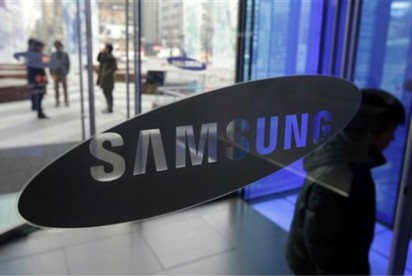Samsung and Google have announced a 10-year, global patent cross-license agreement that covers the two companies’ existing patents, as well as those filed over the next 10 years. The companies gain access to a broad range of each other’s patent portfolios, paving the way for deeper collaboration on research and development of current and future products and technologies.
 “This agreement with Google is highly significant for the technology industry,” said Dr. Seungho Ahn, the Head of Samsung’s Intellectual Property Center. “Samsung and Google are showing the rest of the industry that there is more to gain from cooperating than engaging in unnecessary patent disputes.”
“This agreement with Google is highly significant for the technology industry,” said Dr. Seungho Ahn, the Head of Samsung’s Intellectual Property Center. “Samsung and Google are showing the rest of the industry that there is more to gain from cooperating than engaging in unnecessary patent disputes.”
Samsung has been involved in many costly legal disputes over mobile patents with rival Apple, and courts have more often ruled against Samsung. In one recent U.S. lawsuit last year, Samsung was ordered to pay about $930 million in damages.
Qualcomm buys HP patents
In other mobile patent news, Qualcomm has acquired 2,400 Hewlett-Packard (HP) patents and patent applications related to Palm, iPaq and the Bitfone device management platform. The portfolio is made up of about 1,400 patents and pending patent applications in the U.S., as well as about 1,000 patents and applications in other countries. The patents include what Qualcomm calls “fundamental mobile operating system techniques.”
With intellectual property linked to two iconic brands, Qualcomm has acquired a piece of mobile history. Palm evolved its 1990s personal digital assistants into early data-enabled phones, and Compaq introduced the popular Microsoft-based iPaq handheld around the turn of this century. HP later acquired both companies, but then decided to shut down the two mobile device lines not long after. HP’s 2011 decision to discontinue Palm’s webOS phones and tablets was widely criticized as a fumble by short-time CEO Leo Apotheker.
HP acquired Bitfone, a vendor of mobile device management software, in 2006 as part of its effort to build up the iPaq platform.




